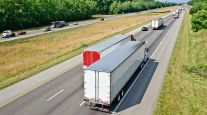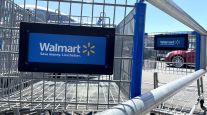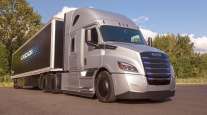Senior Reporter
Walmart Asks Appeals Court to Reconsider Decision to Award Drivers Back Pay
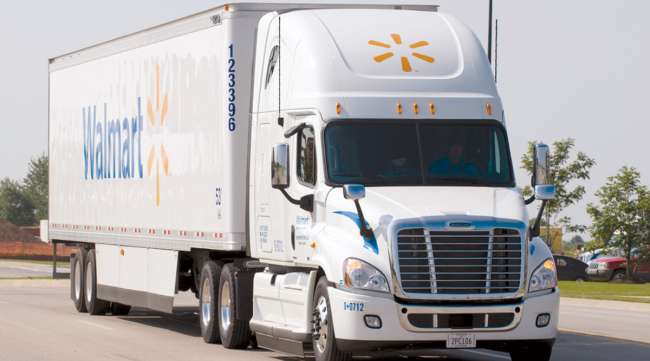
[Stay on top of transportation news: Get TTNews in your inbox.]
Attorneys for Walmart Inc. have asked the 9th U.S. Circuit Court of Appeals to reconsider its ruling that affirmed a district court’s judgment that the company must pay a court-certified class of its California truck drivers more than $54 million in back pay mostly for layovers, but also some rest breaks and pre-trip and post-trip inspections.
Specifically the appeals court on Jan. 6 upheld a federal district court’s jury decision that awarded the drivers a total of $44.7 million for layovers, $3.9 million for rest breaks, $2.9 million for pre-trip inspections and $2.9 million for post-trip inspections.
“Walmart and plaintiffs propose several bases for reversal in this admittedly complex case, but ultimately none holds water,” the appeals court wrote. “Following over a decade of litigation, a robust motions practice, and a 16-day trial, we conclude that the judgment should stand.”
But in a detailed Jan. 21 legal court filing with the appeals court, Walmart said that on a few key issues, the federal district court made erroneous rulings, most importantly related to the question of whether Walmart had control of the drivers during their layovers and breaks.
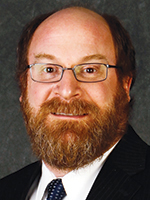
Pianka
“The 9th Circuit affirmed the district court, and now what Walmart is doing is asking that a 9th Circuit panel or en banc rehear the case,” said Richard Pianka, deputy general counsel for American Trucking Associations. “They’re asking the 9th Circuit to take another shot at it. The control of the employees is kind of the core of the liability issue.”
Pianka added, “What Walmart is saying is that there was a whole host of factual questions that you have to answer in order to determine whether or not it was actually in control of the drivers. … Walmart says if you ask the drivers, they were never denied the opportunity to take the layover at home if they wanted to. This was really a procedure so that Walmart could track who was with what equipment, and when.”
In its motion for a rehearing, Walmart alleged that as a factual matter since it did not control any of the drivers, it therefore “owes nothing for layovers.”
Walmart Battles Back Pay
However, the three-judge 9th Circuit panel maintained that a comprehensive review of the Walmart pay manual demonstrated that it unambiguously required drivers to obtain pre-approval to take a layover and that “therefore, the district court did not err in granting partial summary judgment on this issue to plaintiffs.”
The retail giant countered, “Even a cursory review of the record shows that Walmart did not ‘prevent’ drivers from enjoying their layovers. Under the binding precedents of this court and the California Supreme Court, the question whether Walmart in fact prevented drivers from using their layovers for their own purposes — not merely whether it followed its pay manual — should have been decided by the jury at trial.”
Walmart also noted that “a district court lacks the power to compel a defendant to produce discovery to help lawyers to find new clients.”
“The court must decide any preliminary question about whether a witness is qualified … or evidence is admissible,” Walmart wrote. “The court must determine by order whether to certify the action as a class action. … The [appellate] panel’s approach inverts the roles of judge and jury, defies the Supreme Court’s instructions regarding the sufficiency of classwide proof and the admissibility of expert testimony, and clashes with the decisions of other circuits.”
Walmart ranks No. 4 on the Transport Topics Top 100 list of the largest private carriers in North America.
Want more news? Listen to today's daily briefing:


